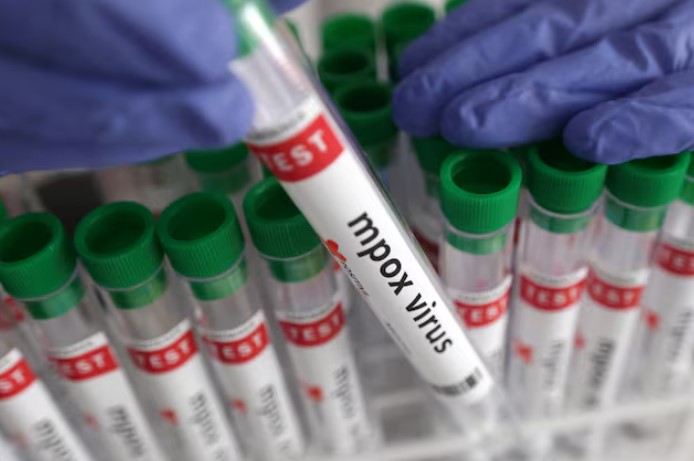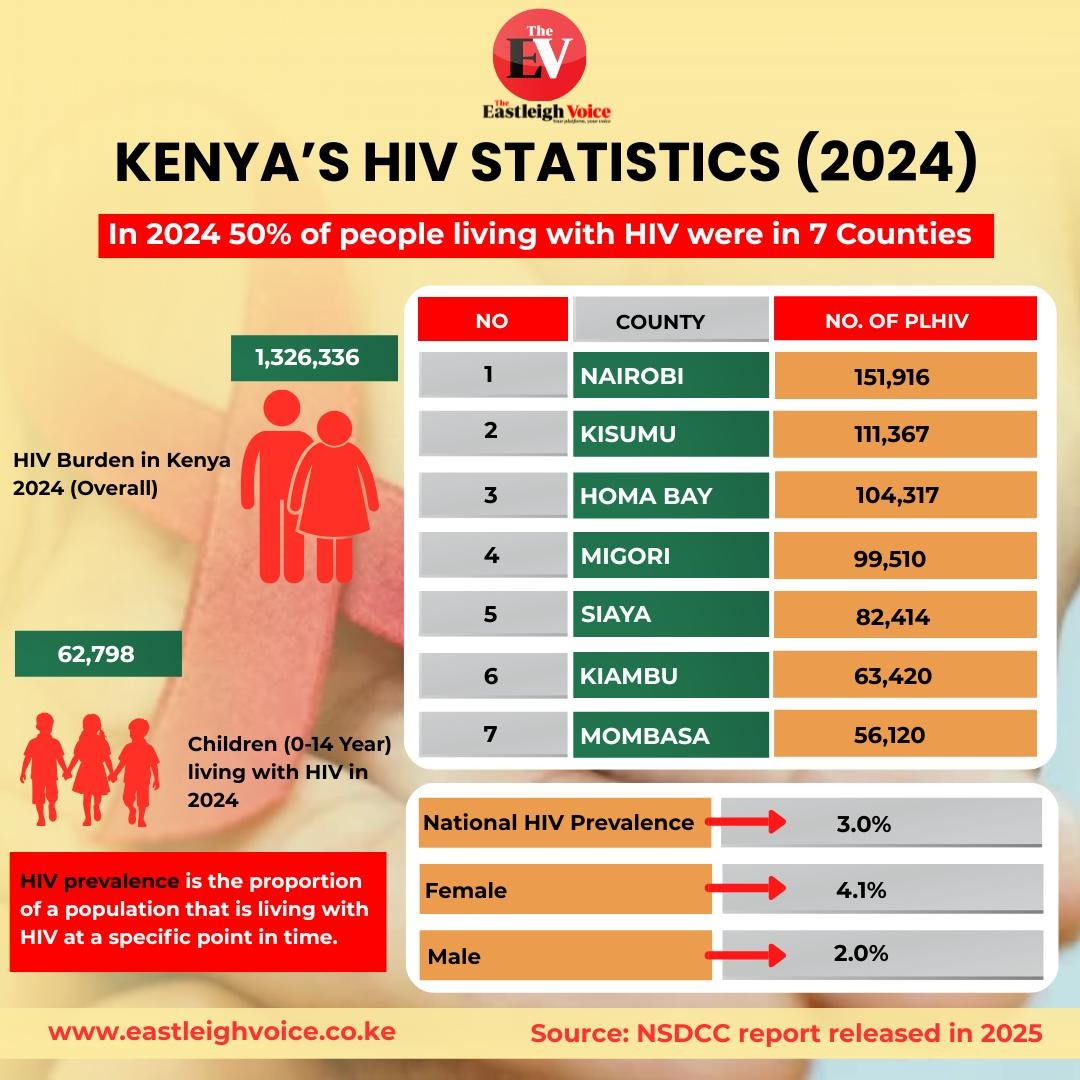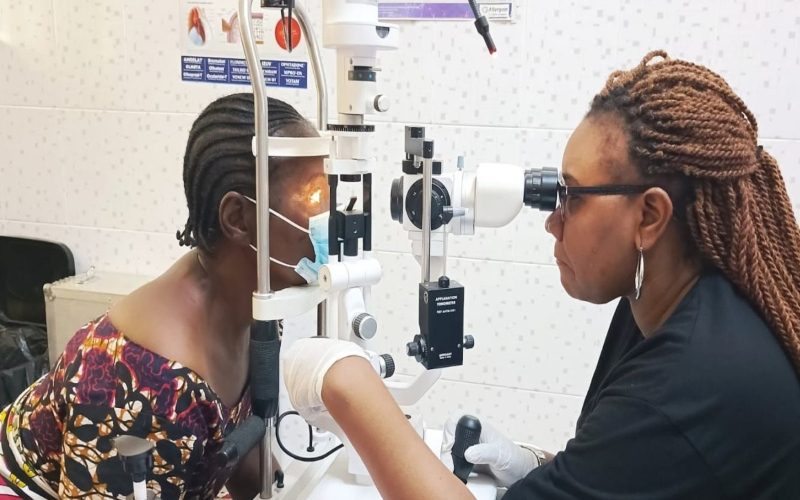Kenya confirms two new mpox cases, caseload now seven

The Ministry of Health insisted on the importance of adhering to preventive measures to curb the spread of the virus.
The Ministry of Health has confirmed two new mpox cases in Kenya, raising the total number of confirmed cases to seven.
The latest cases were reported in Makueni and Kajiado counties.
More To Read
- MPs outline conditions to be met before forests can be degazetted
- Mpox detected in Garissa, patient isolated as officials trace contacts
- Namibia declares mpox outbreak after confirmed case in Swakopmund
- CS Barasa urges Kenyans to plant trees on Mazingira Day at their former schools
- Mpox cases in Africa surpass 190,000, deaths near 2,000: Africa CDC
- Mpox deaths near 2,000 in Africa since 2024 amid recent decline in cases: Africa CDC
In a statement on Tuesday, Health Cabinet Secretary Deborah Barasa noted that no deaths have been recorded from the outbreak thus far.
She highlighted that the cases are now spread across several counties, with one case each in Taita Taveta, Busia, Nairobi, Mombasa, Nakuru, Makueni and Kajiado.
She revealed that health authorities have already traced and monitored 61 contacts linked to the first five cases, with only one individual testing positive during the 21-day follow-up period.
“Efforts to trace contacts for the two newly confirmed cases in Makueni and Kajiado are currently underway,” Barasa said.
Further, the Ministry said it has ramped up screening measures at Points of Entry (POEs). In the past 24 hours alone, 16,033 travellers have been screened, contributing to a cumulative total of 1,002,621 screened individuals since the outbreak began.
It added that the National Public Health Laboratory (NPHL) has tested 190 samples from 28 counties, with seven testing positive and five results still pending.
The Ministry of Health insisted on the importance of adhering to preventive measures to curb the spread of the virus. Key recommendations include avoiding close contact with infected individuals, not touching contaminated items like bedding, limiting the number of sexual partners, regularly washing hands and avoiding contact with wild animals or bushmeat.
The Ministry also raised concerns over the spread of false information about the virus, particularly on social media. Barasa urged the public to disregard inaccurate information about the mpox vaccination and to rely on credible sources for updates.
“Keep vigilant and question the validity of the content you encounter online. The Ministry will continue to provide regular updates as more information becomes available, to ensure the public is well-informed,” Barasa said.
The Ministry assured Kenyans of their continued efforts to contain the outbreak, safeguard public health a
Other Topics To Read
Top Stories Today














































